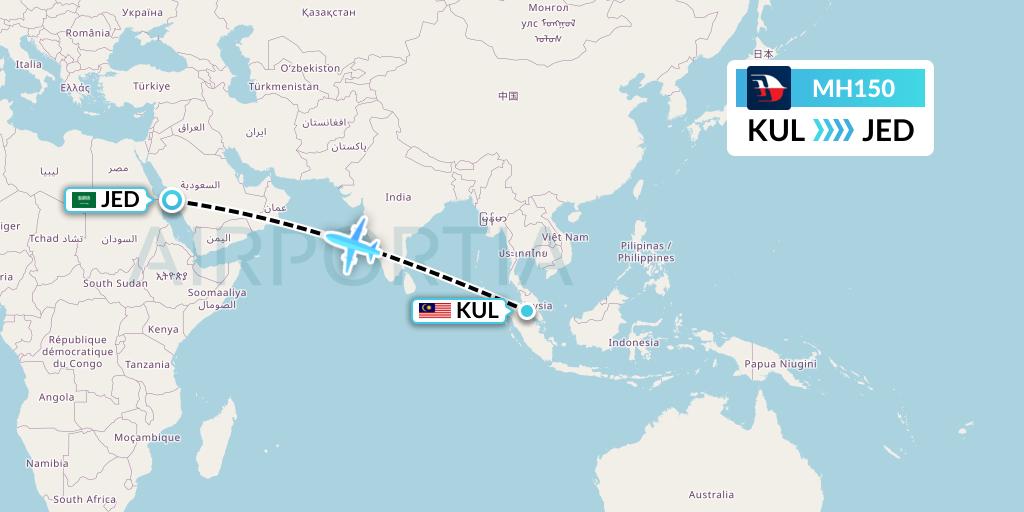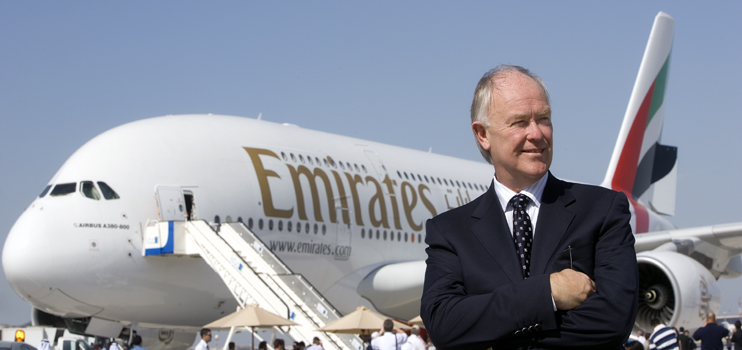A pair of respected voices in the aviation industry is calling for high-level action in the wake of the shoot down of Malaysia Airlines Flight 17 late last week. Reuters reports Tim Clark, president of globe-girdling Emirates, wants an international conclave of carriers to “respond as an entity” to the downing of the Boeing 777. All 298 souls on board the aircraft perished. Clark wants the International Air Transport Association (IATA) to convene the meeting.
Now comes word that Flight Safety Foundation is urging the International Civil Aviation Organization (ICAO) to convene what it terms in a prepared release a “High-Level Ministerial meeting to review the systems in place to warn airlines of hostile airspace and take action in response to the shoot down.” FSF further calls for “authorities to bring criminal prosecutions against those who brought down the aircraft and interfered with the investigation. “This tragically unfolding affront to safety, security, and humanity must be dealt with swiftly and surely by the international aviation community and law enforcement,” says FSF President and CEO Jon Beatty.
The respected safety expert says, “Where known threats to civil aviation exist, States should assess and widely publish this information, or close the airspace. If States cannot discharge their responsibilities to manage their airspace safely, ICAO should play a leading role to alerting or prohibiting airlines from flying through known, hostile airspace.”
Reuters reports German flag carrier Lufthansa has joined in Emirates call for action.
On Monday, after the Clark statement and before Flight Safety Foundation’s announcement, IATA Director General & CEO Tony Tyler said, “No effort should be spared ensuring that this outrage is not repeated”¦Governments will need to take the lead in reviewing how airspace risk assessments are made. And the industry will do all it can to support governments, through ICAO, in the difficult work that lies ahead.”
In response to rivals Emirates and Lufthansa endorsements of a summit, European powerhouse British Airways says, “Safety and security are our top priorities at all times. We work closely with ICAO and IATA who are responsible for any new industry wide protocols and standards.”
The issue is what specific procedures and protocols need adjustments in the wake of the new threat?
Up until now the industry has focused on the potential havoc wreaked by so-called MANPADS, Man-Portable Air Defense Systems. These are shoulder-mounted surface-to-air missiles of limited vertical range. Now, with startling suddenness, airlines and governments must reckon with the potential danger posed by vehicle-mounted missiles such as the SA-11, purported to be the sophisticated weapons system that brought down MH17. The SA-11 can reach altitudes in excess of 30,000 feet. The ill-fated Triple-Seven was at 33,000 fleet when the Russian-built missile allegedly struck it.
Should a summit happen, airlines will have to wrestle once again with balancing safety and economics. Ukraine in particular is an airborne crossroads, a place traversed daily by flights bound from Europe to Southeast Asia. Detouring around that airspace, or airspace above any zone of armed conflict, costs carrier’s extra fuel. In a perfect world you’d fly directly from Point A to Point B.
There’s no quick and easy fix for this one.
Ironically, even as airlines and governments began to assess this new, potentially game-changing threat, the United States Federal Aviation Administration shut down air routes from the US to Israel for 24 hours, this after a rocket hit a mere mile from Tel Aviv’s Ben Gurion Airport. In a prepared release FAA says, “On July 22, 2014, the FAA issued a Notice to Airmen (NOTAM) informing U.S. airlines that they are prohibited from flying to or from Israel’s Ben Gurion International Airport for a period of up to 24 hours…The NOTAM applies only to U.S. operators, and has no authority over foreign airlines operating to or from the airport.”
FAA says it will “continue to monitor and evaluate the situation.”
Â
Â
























